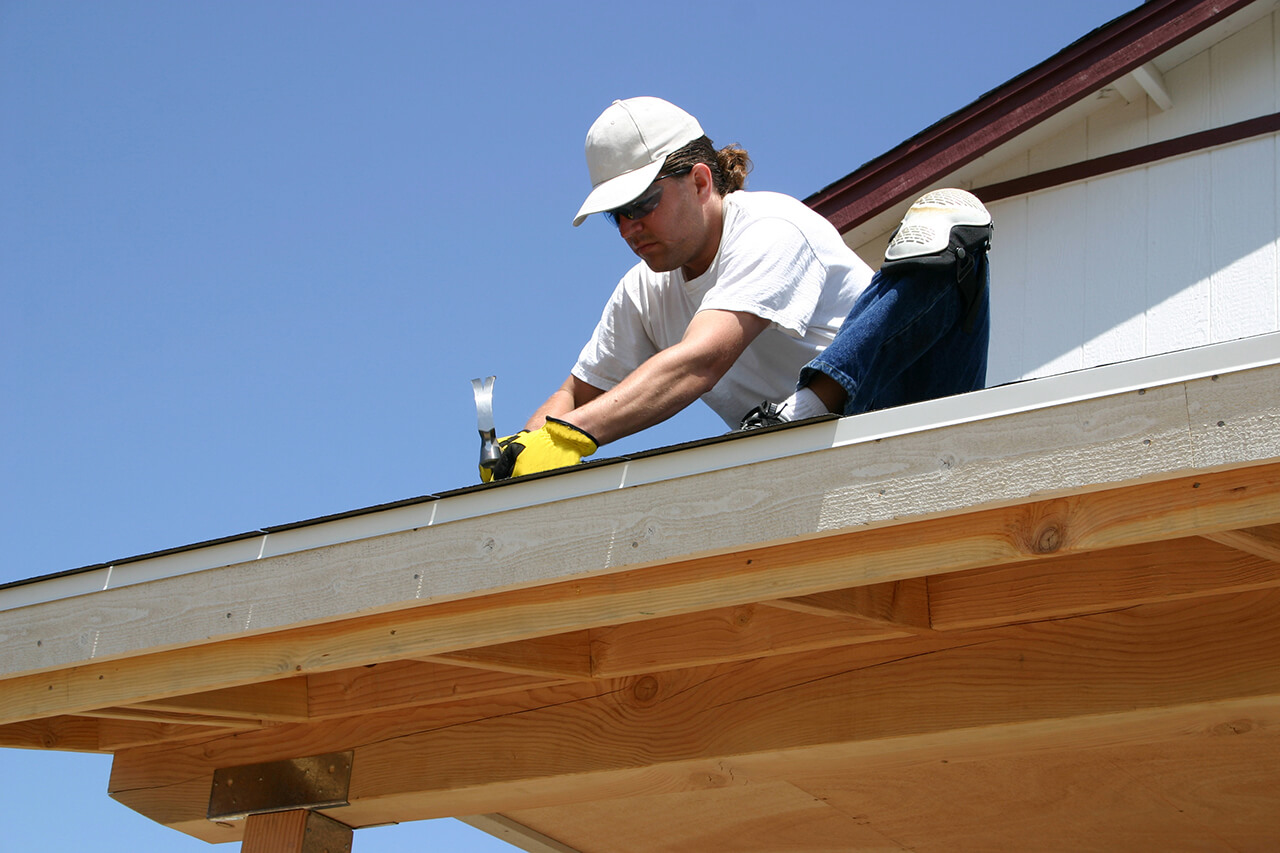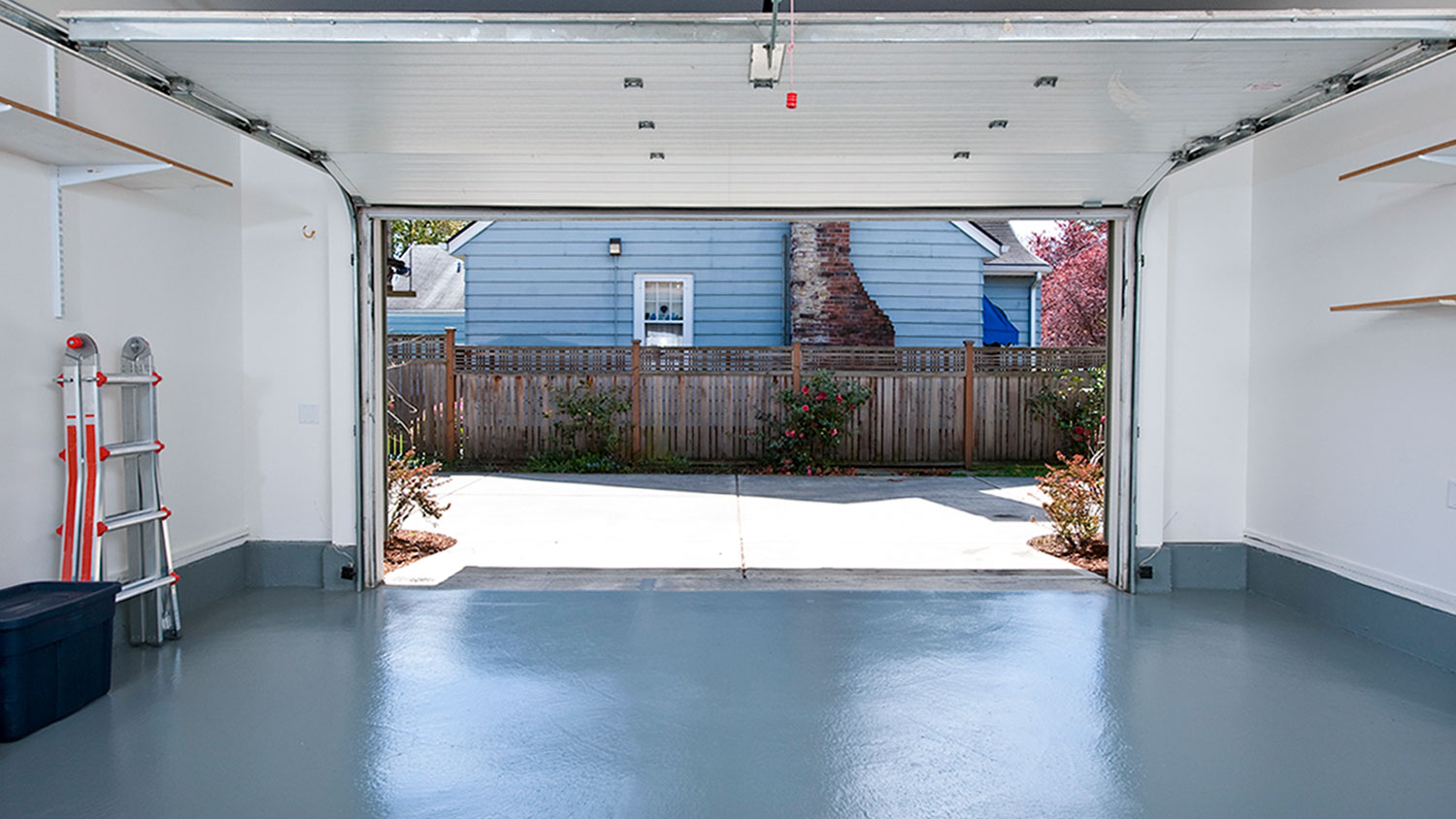
Use this guide to budget for roof repair costs based on factors such as roof condition, materials, size, repair type and severity, and more.
Building a carport costs an average of $6,342


The average carport cost is $6,342, with basic options from $400 and custom models exceeding $25,000.
Size, foundation installation, and materials are key factors affecting the total price of building a carport.
Carport materials range from $15 to $40 per square foot.
This article was updated using automation technology and thoroughly reviewed for accuracy by HomeAdvisor Editor Ryan Noonan.
The average carport costs $6,342, ranging from as low as $400 to over $25,000 for custom builds. Carport cost depends on factors like location, size, and the quality of materials. Proper budgeting is essential to ensure you can cover materials and labor, and hiring a pro can guarantee a safe, long-lasting structure.
Several factors, including materials and labor, influence the final price of building a carport. Here's what you need to know to budget for your carport installation.
The size of your carport significantly affects the total cost. Whether you opt for a prefab unit or a custom build, standard sizes are available based on how many vehicles you need to shelter. Smaller carports for a single car will cost less than larger structures designed for multiple vehicles or RVs.
| Dimensions | Cost (Installed) | Vehicle Capacity |
|---|---|---|
| 21'L x 12'W x 6'H | $2,400–$8,400 | One car |
| 21'L x 24'W x 6'H | $4,000–$14,000 | Two cars |
| 41'L x 20'W x 12'H | $6,000–$21,000 | One RV |
Carports are available in metal, wood, and polycarbonate. Wood is the more common option for custom carports because it's the most affordable for unique builds. Metal is the most common for prefab units, followed closely by polycarbonate.
| Material | Average Cost per Sq. Ft. |
|---|---|
| Metal | $20–$40 |
| Polycarbonate | $12–$20 |
| Wood | $15–$35 |
Metal carports cost between $15 and $30 per square foot, including labor. Custom metal carports can cost up to $40 per square foot. Most carport kits feature aluminum or steel frames, although you’ll also find options made from metal alloys or composites. Roof panels may be metal, polycarbonate, or even heavy-duty fabric.
Polycarbonate is the most affordable option overall, at $12 to $20 per square foot, installed. These units often have an aluminum frame and legs and a polycarbonate cover that lets light through by filtering out UV rays.
Wood carports range from $15 to $35 per square foot, including materials and labor. Wood carports often have complete walls on the sides and sometimes at the back end, too. Roof materials are often shingle or metal. Note that because wooden models often have walls, they consume more materials, so they cost more to install overall.
If labor isn’t rolled into the kit price, expect to pay $10 per square foot, with higher rates for intricate designs or premium finishes.
The cost of a concrete slab ranges from $4 to $8 per square foot. Since the average car needs 300 to 350 square feet of space, this means you’ll spend somewhere between $1,200 and $2,800 per car. Many carports are built on a concrete slab, which includes piers. Installation requires a qualified professional.
Slabs aren’t always desirable or possible for a carport, but garages require them. So, if you want to convert the carport into a full garage, pouring the slab will save you time and money later. Choose a level location for your slab, protected from wind, and convenient for parking your car.
Your municipality may have specific zoning requirements and permit fees. In many cases, permit costs range from $60 to $800 or more, so be sure to budget accordingly or consult with your contractor.
RV carports cost between $6,000 and $21,000 and measure at least 20 by 30 feet. Because these carports have to be taller and longer to accommodate the height and length of the average RV, they tend to be freestanding structures. Many people choose a carport for their RV because the cost to build a garage big enough to house an RV is comparatively prohibitive.
Custom carports give you the freedom to design a structure that complements your home's style, but they come with a higher price tag, costing up to $25,000 for elaborate designs.
Custom metal carports can cost up to $40 per square foot, including materials and labor. Because wooden carports include walls, you’ll spend more on the added materials and installation time.
Custom carports come with other expenses, too. Here are some extras that you might want to include in your carport project and their costs:
Electrical: If your custom carport requires electrical work, hiring an electrician adds $100 per hour to your expenses, depending on the installation requirements.
Site prep: Additional fees may apply for site preparation. Minor ground leveling might cost an average of $150.
Additions: Non-standard installations—like mounting a carport over another structure or on a boat dock—can add up to $200.
Location: If your site is more than 50 feet from the road, expect an extra $50 or so in labor charges.
Consider these cost-saving strategies to make your carport installation project more wallet-friendly:
Choose inexpensive materials like polycarbonate instead of higher-cost metal or wood.
Skip customizations and choose a simple prefab carport kit to trim costs.
Get at least three detailed quotes from local carport builders to ensure competitive pricing.
You might be tempted to build a basic carport yourself, but hiring a local handyperson or carport pro ensures the structure is safe, code-compliant, and built to last. While you'll save on labor if you do it yourself, building anything other than the most basic structure requires a lot of time and skill.
Mistakes can lead to weather damage or even structural collapse, posing risks to both you and your vehicle. It's best to leave tasks like electrical work or pouring a foundation to licensed contractors. Professional installation guarantees your carport is secure and compliant with local regulations. An experienced team can complete the installation in two days or less.
No place is more important than your home, which is why HomeAdvisor connects homeowners with local pros to transform their houses into homes they love. To help homeowners prepare for their next project, HomeAdvisor provides readers with accurate cost data and follows strict editorial guidelines. After a project is complete, we survey real customers about the costs to develop the pricing data you see, so you can make the best decisions for you and your home. We pair this data with research from reputable sources, including the U.S. Bureau of Labor Statistics, academic journals, market studies, and interviews with industry experts—all to ensure our prices reflect real-world projects.
From average costs to expert advice, get all the answers you need to get your job done.

Use this guide to budget for roof repair costs based on factors such as roof condition, materials, size, repair type and severity, and more.

Need fascia and soffit repairs? Hiring a pro ensures proper installation, protects against pests, and prevents structural damage. Learn about common warning signs, material options, and how fascia and soffits safeguard your home from moisture.

Learn how to budget for a new fence by exploring cost factors such as the fence size, height, posts, gates, style, and labor requirements.

Not sure who to call for a leak in your garage? Learn which pro to hire for garage leak repair and act fast to prevent damage.

Unsure who to hire to test for lead paint? Learn whether to call a lead testing specialist or contractor and what to expect.

Learn how to find and hire a handyman you can count on with this handy guide.